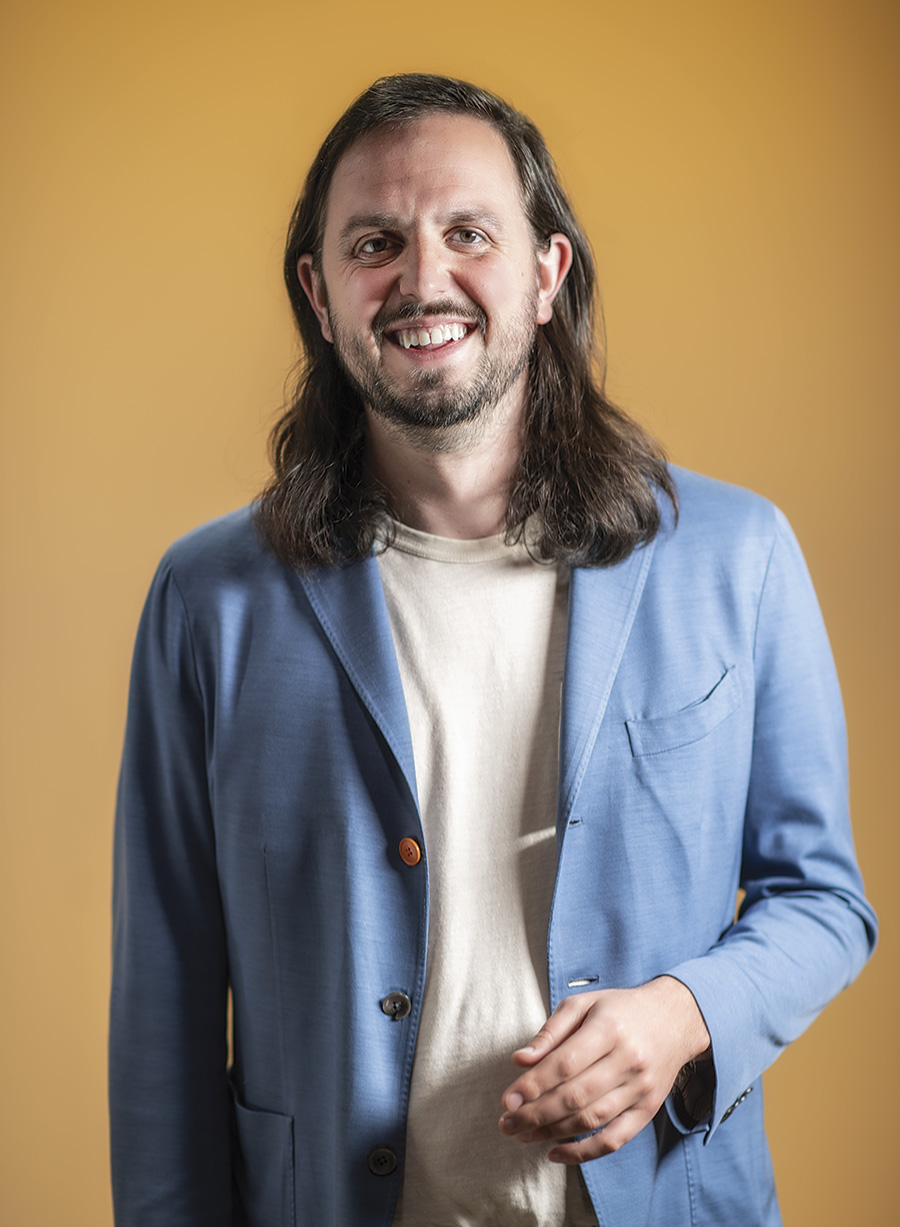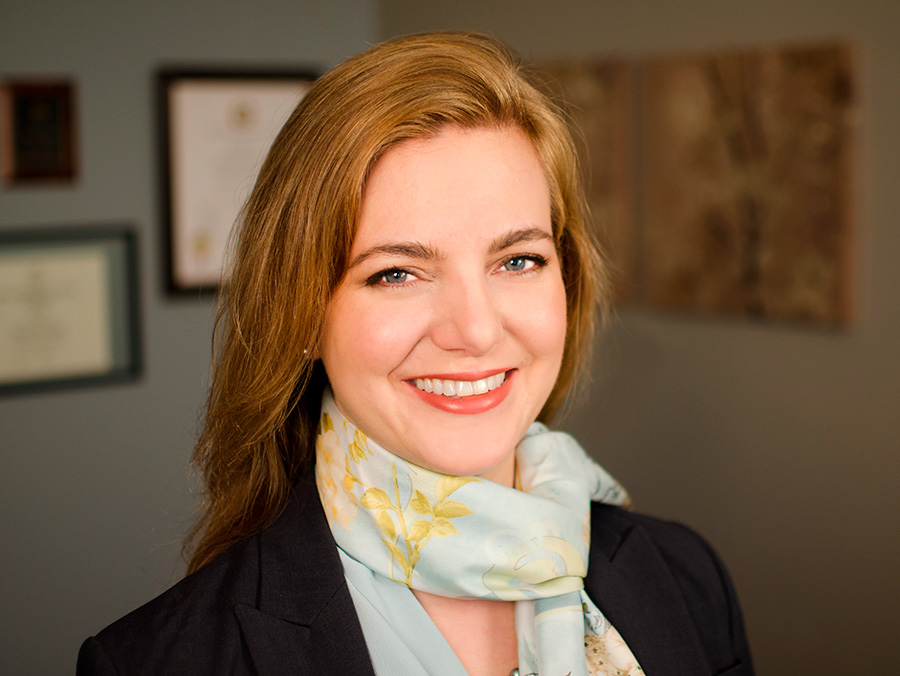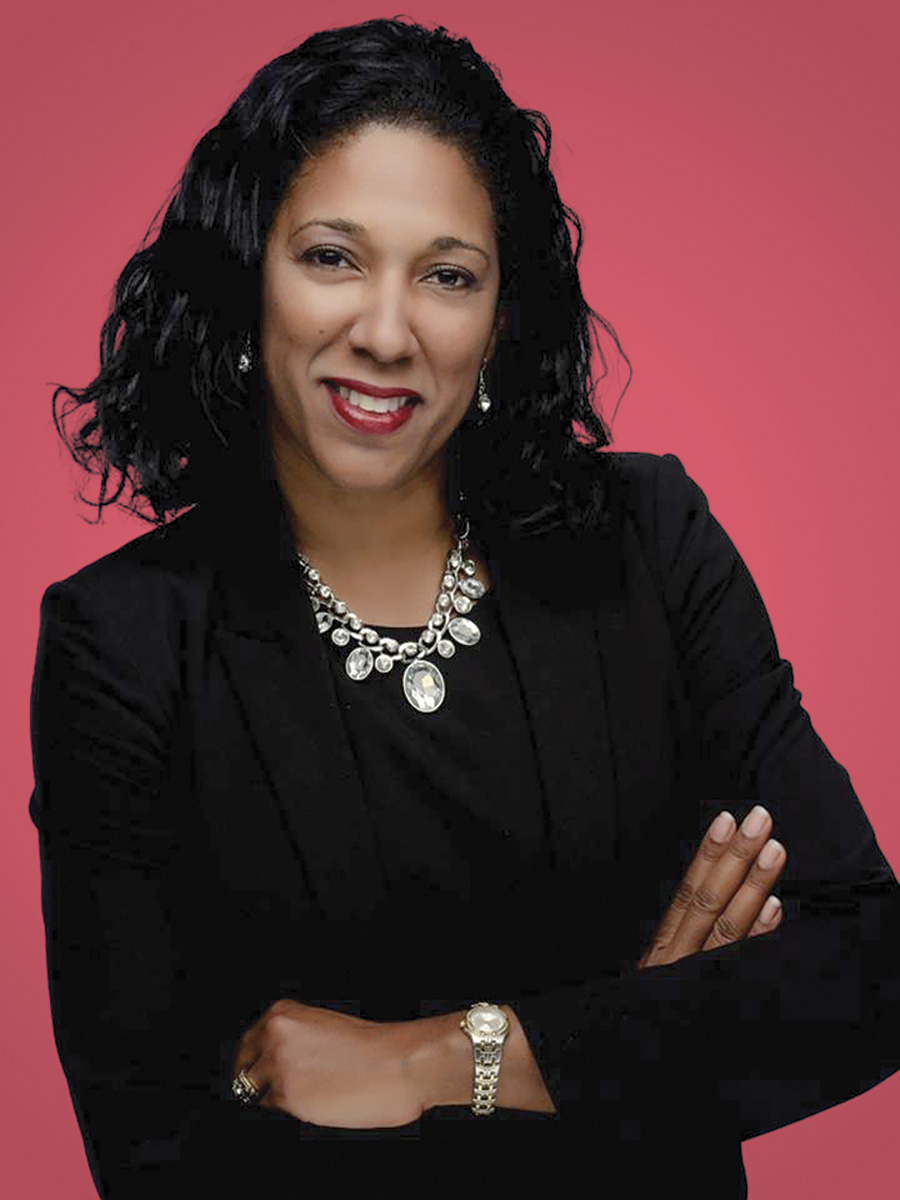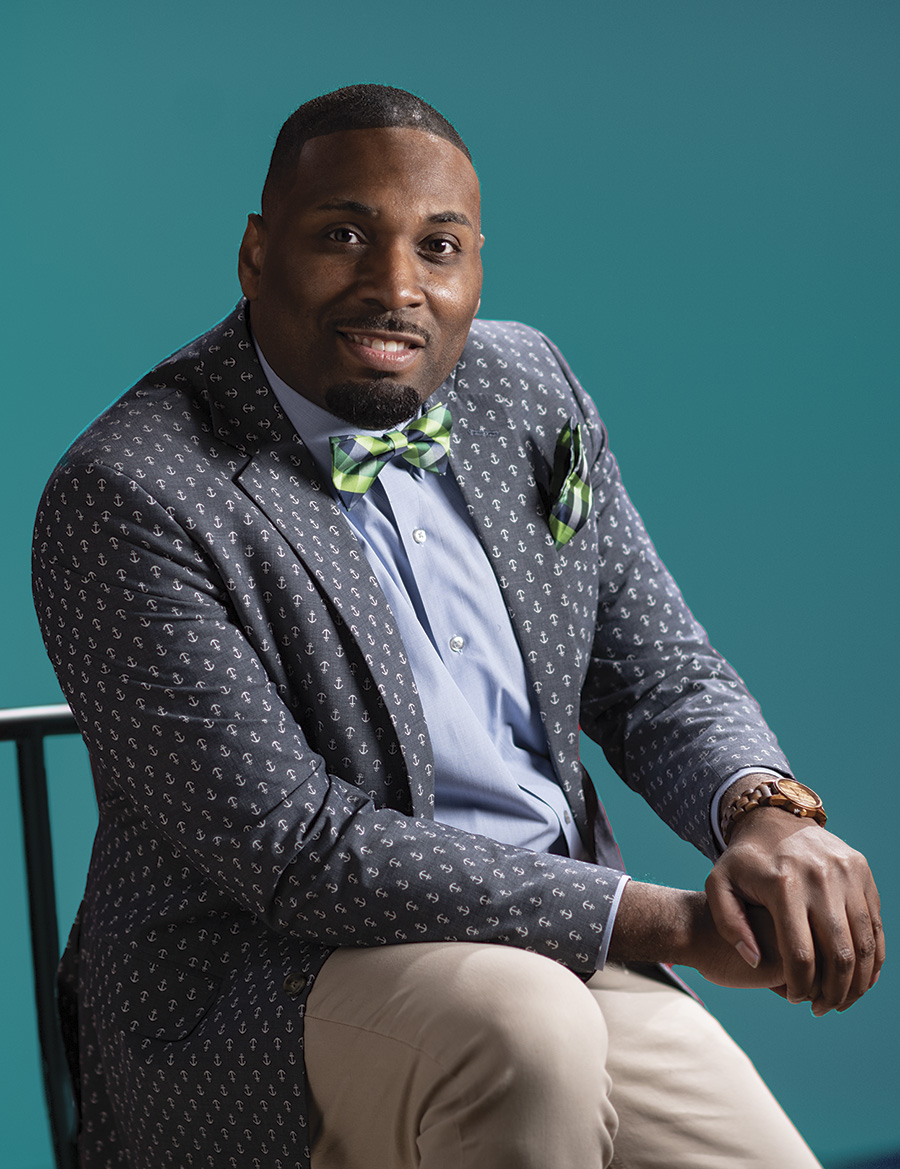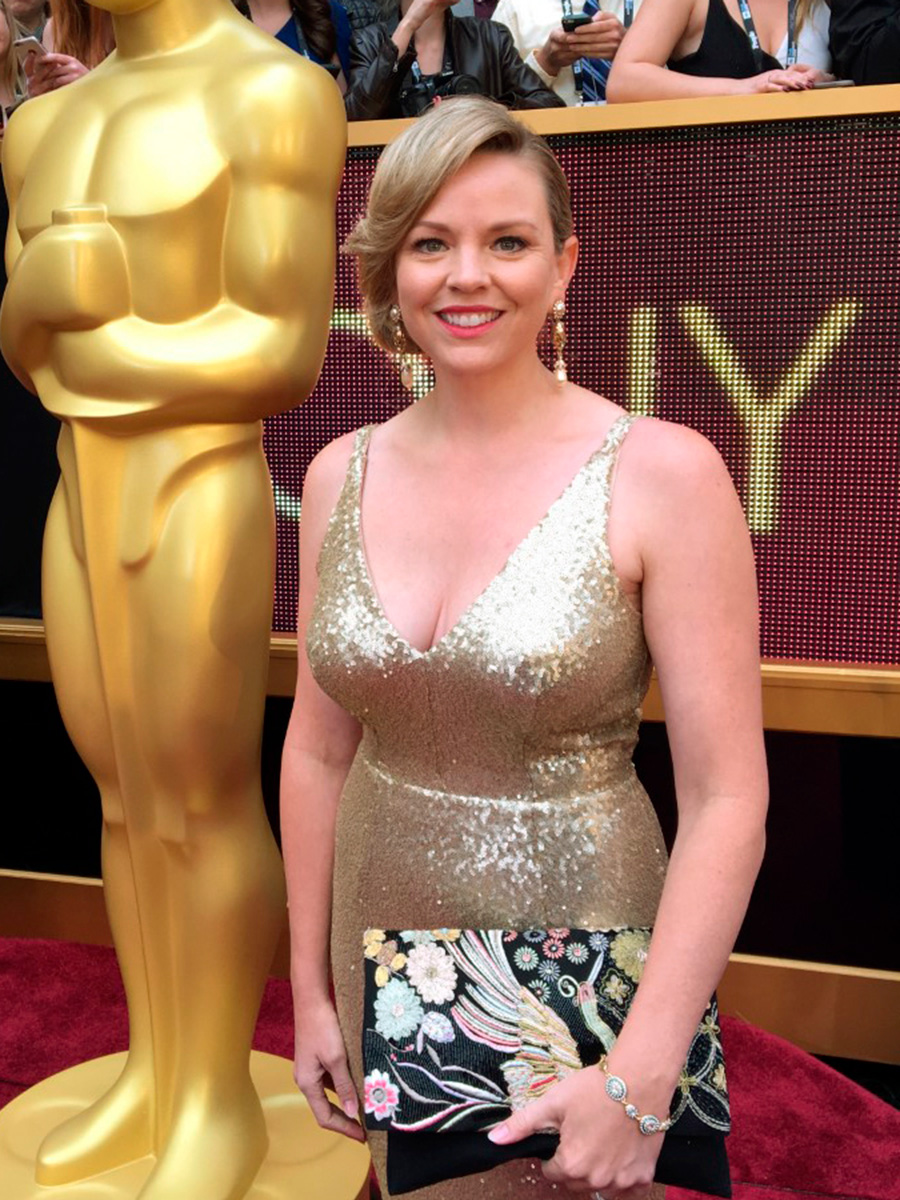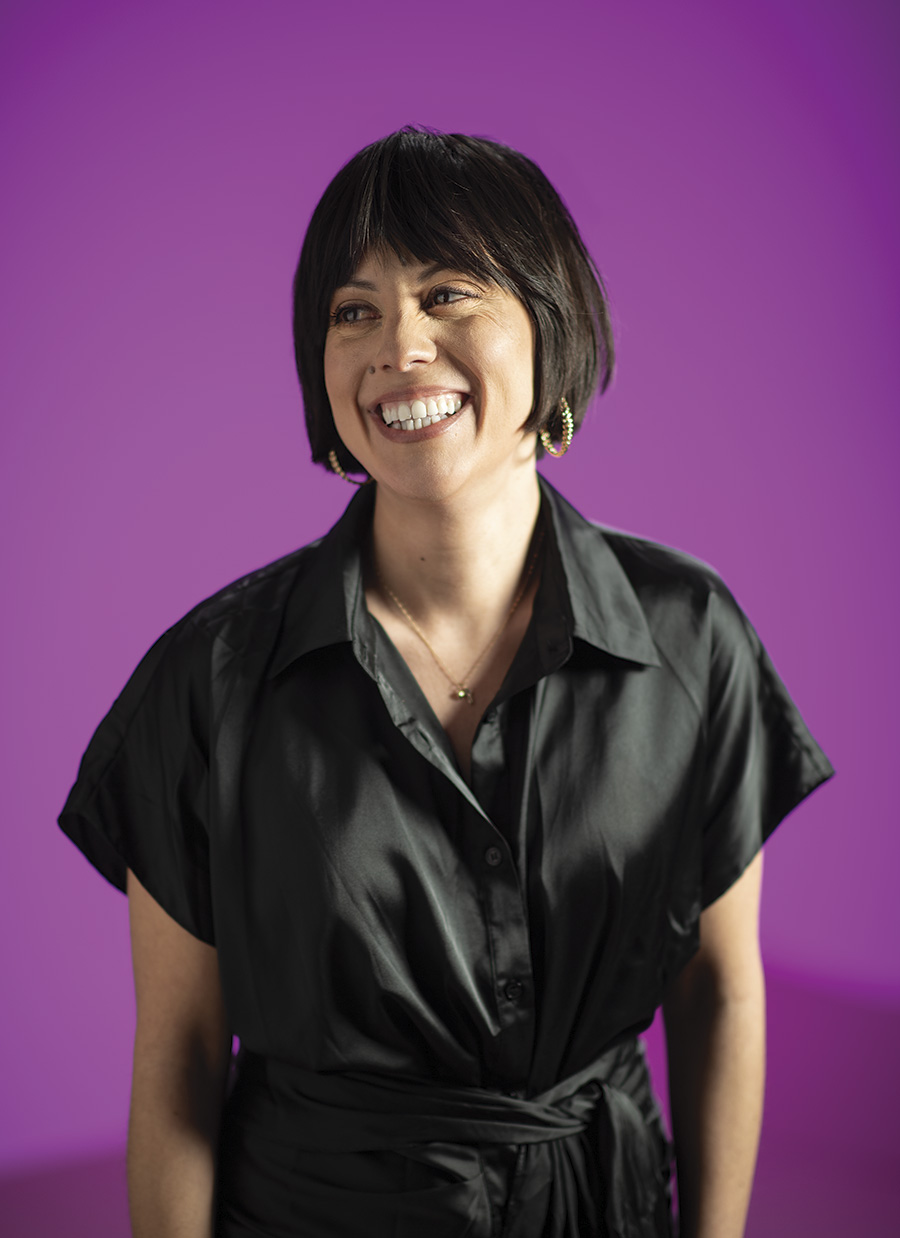
Brenda Barajas-Koch ('10, '20 M.A.)
Spanish, women's and gender studies
Job title: Prevention education specialist for Latinx populations with the Violence Prevention and Education team under the Rape Crisis and Victim Services Department at The Women's Center of Tarrant County; previously worked as a Spanish teacher and as a liaison between UNT's Outreach office and the Consulate General of Mexico in Dallas to create educational opportunities for Mexican nationals
Major requirements/skills of current job: We talk about such personal issues that you have to learn how to navigate different audiences and to talk about these issues in a sensitive and culturally competent way. We're trying to prevent violent crime and sexual violence before it ever occurs. We're talking to people about healthy relationships, online safety, consent, the dynamics of sexual assault, and how to better serve different groups of survivors in a culturally resonant or culturally competent way, whether that be working with LGBTQ+ survivors, non-English speaking survivors, or immigrant and refugee populations.
Career highlight(s): When I was a liaison for UNT and the Mexican Consulate, so many families and students saw themselves in me because I was a first-generation student. It was really cool to be able to let them know about my journey and help them realize that this university is for them -- higher education is for them. With my current role, I'm so fortunate to do something that I am passionate about and that is very personal to me. It's an immense responsibility to carry, but it's also just such a privilege.
How your degrees helped you get to where you are today: The soft skills you learn -- empathy, communication -- are applicable in so many different jobs and just help you be a better person. They've helped me to really connect and build relationships in every role that I've had.
Best advice you ever received: Earning a degree requires you to devote so much time and energy and money -- do something that you're passionate about instead of just doing something that you're "supposed" to do.

